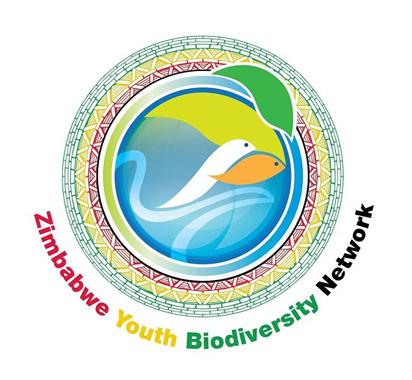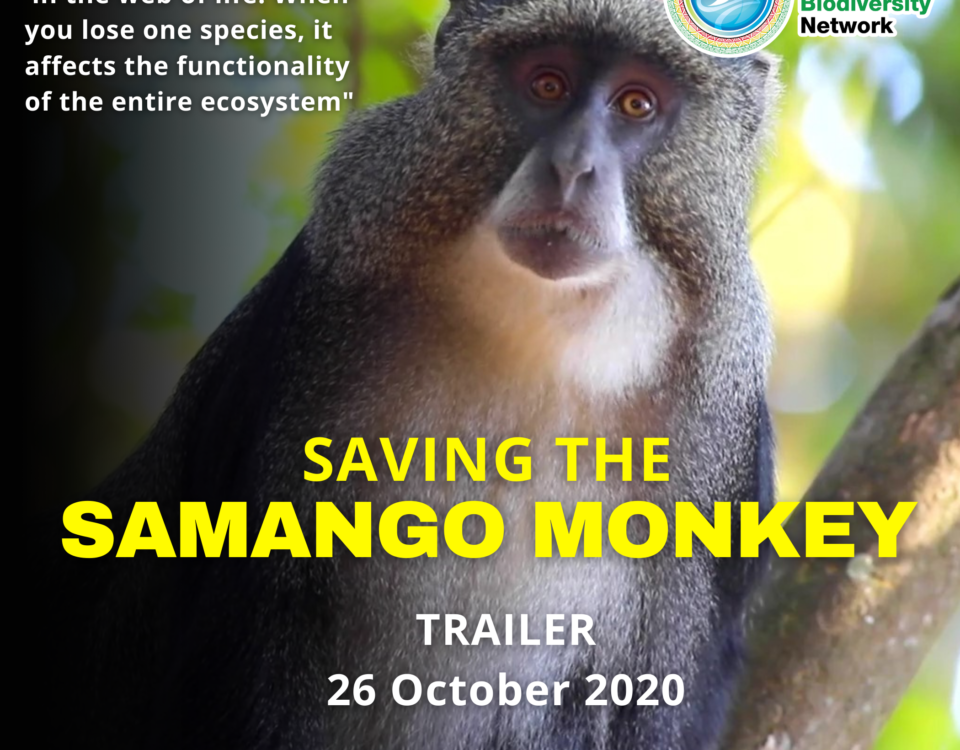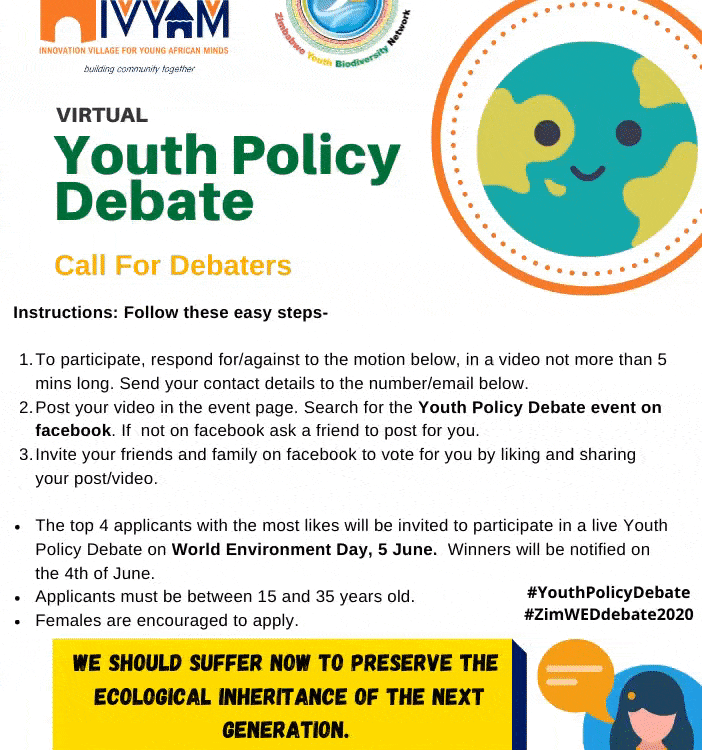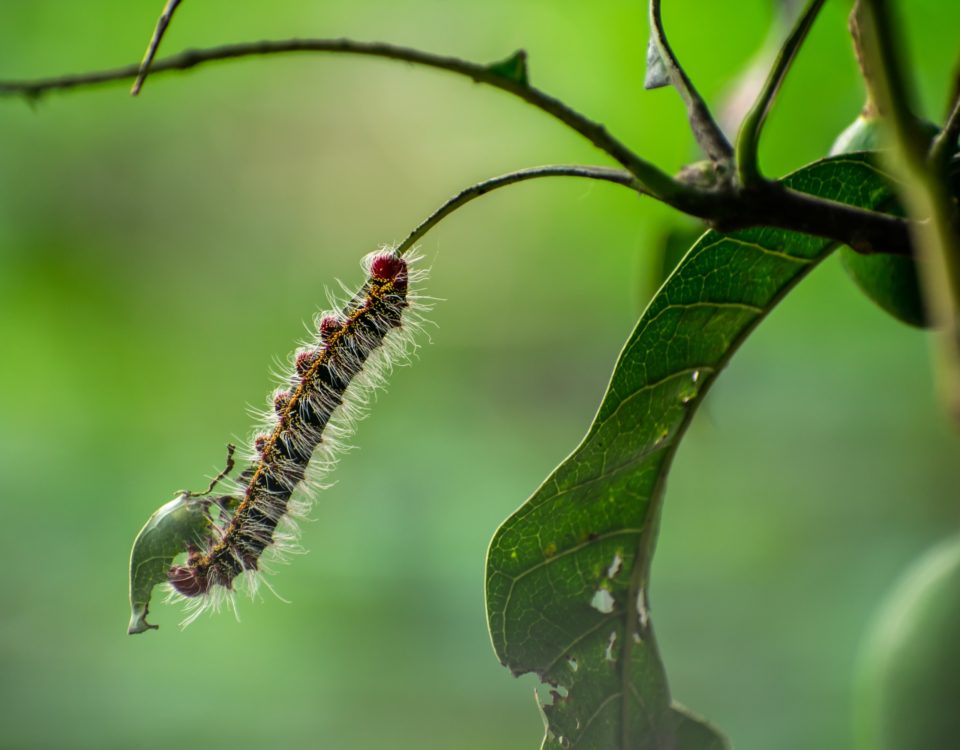The Effects of the Lockdown on Zimbabwe’s Environment

Sustainable Fashion Campaign: Dressed To Save The World
September 11, 2020
Zimbabwe Youth Advocacy Training
September 29, 2020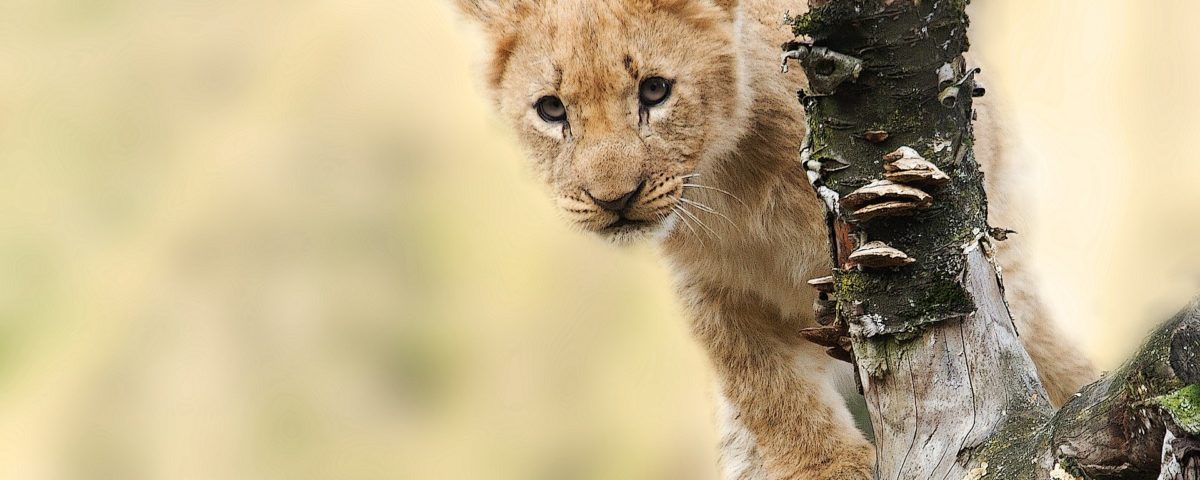
Due to the global pandemic Covid-19, Zimbabwe witnessed a lot of environmental issues. The lockdown spiked the rate of wildlife poaching and the degradation of the environment by individuals. These actions brought about negative impacts on the environment.
The environment can be defined as the natural world in which people, animals, vegetation and abiotic things exist interacting together to form a society.
It must be borne in mind, that unemployment in this lockdown also played a big role in making the locals to find their on ways of survival, hindering the environment. Furthermore economic hardships also led people to cut down trees for fuel and energy. This puts the habitats of wildlife and the growth of vegetation at great risk.
Zimbabwe needs to curb such actions on the environment to ensure sustainability. The Environmental Management Agency (EMA) and Forestry Commission have measures in place and strict penalties for those found guilty of breaking the law. As individuals we need to take better care of our environment and appreciate the values and benefit we get from nature.
In Zimbabwe, there is need to find other alternatives of electricity for the benefit of the environment and also for the fact that it is now unaffordable. The use of solar systems, biogas and windmills should be taken into consideration as some of the solutions to these electricity burdens – especially in urban and remote areas to avoid the chopping down of trees.
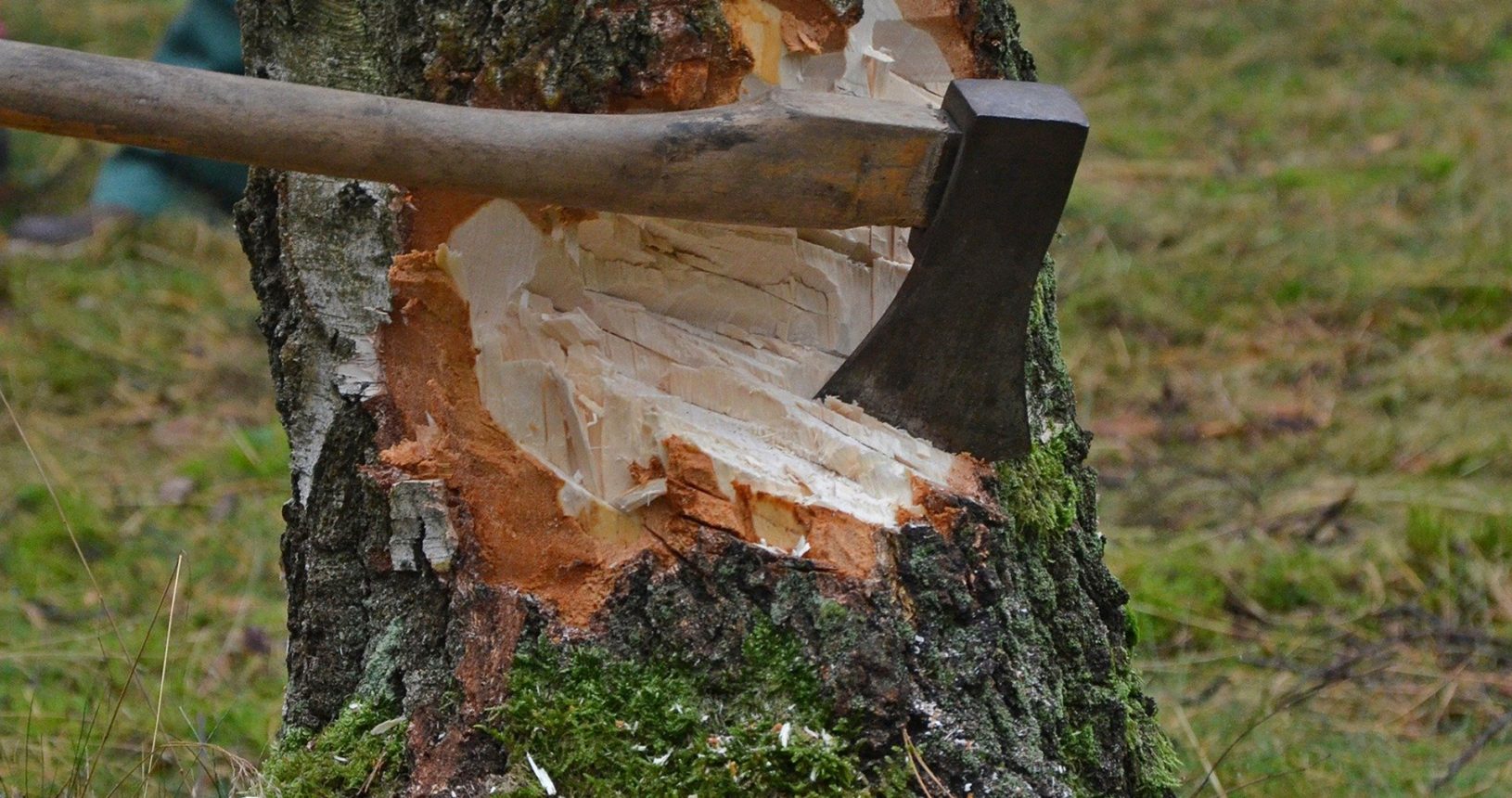
Another issue which people have turned a blind eye on, is that of pollution. Be it water, land, noise or air pollution. The improper disposal of waste and toxic chemicals into water bodies and land in the community has become common. These ignorant actions of ours are endangering wildlife, destroying vegetation while putting ourselves at risk. Thus the community has become environmentally unfriendly and it has led to death of vegetation and wildlife.
Some of the toxic chemicals if exposed to heat they start veld fires and they destroy anything in their way. It has been reported that in Zimbabwe over a 1000 fire cases have been recorded in the previous year due to unmindful people who start fire unnecessarily and dispose of harmful and flammable toxic. In addition to the above, veld fires lead to high emission of carbon dioxide which in turn create global warming and destroy the ozone layer. The future of Zimbabwe is susceptible to risk if no action is taken.
On the other hand, noise has disrupted the peace of wildlife and vegetation by high radiation sounds induced by mines. Hence, these high doses of radiation damage the cells of the body and might result to death. Recently, in some of the famous national game parks of the country these been a report saying that the number of trafficked and killed wildlife has escalated during the past few months of lockdown.
Since the travel and tourism industry was quite down in these past few months poacher’s and smugglers found an opportunity in victimizing wild animals for wealth, since all the effort of the government were concerned on minimizing the impacts of covid-19. In light to the above, the government and law enforcement should be on high alert for such menaces who do not value the lives of wildlife.
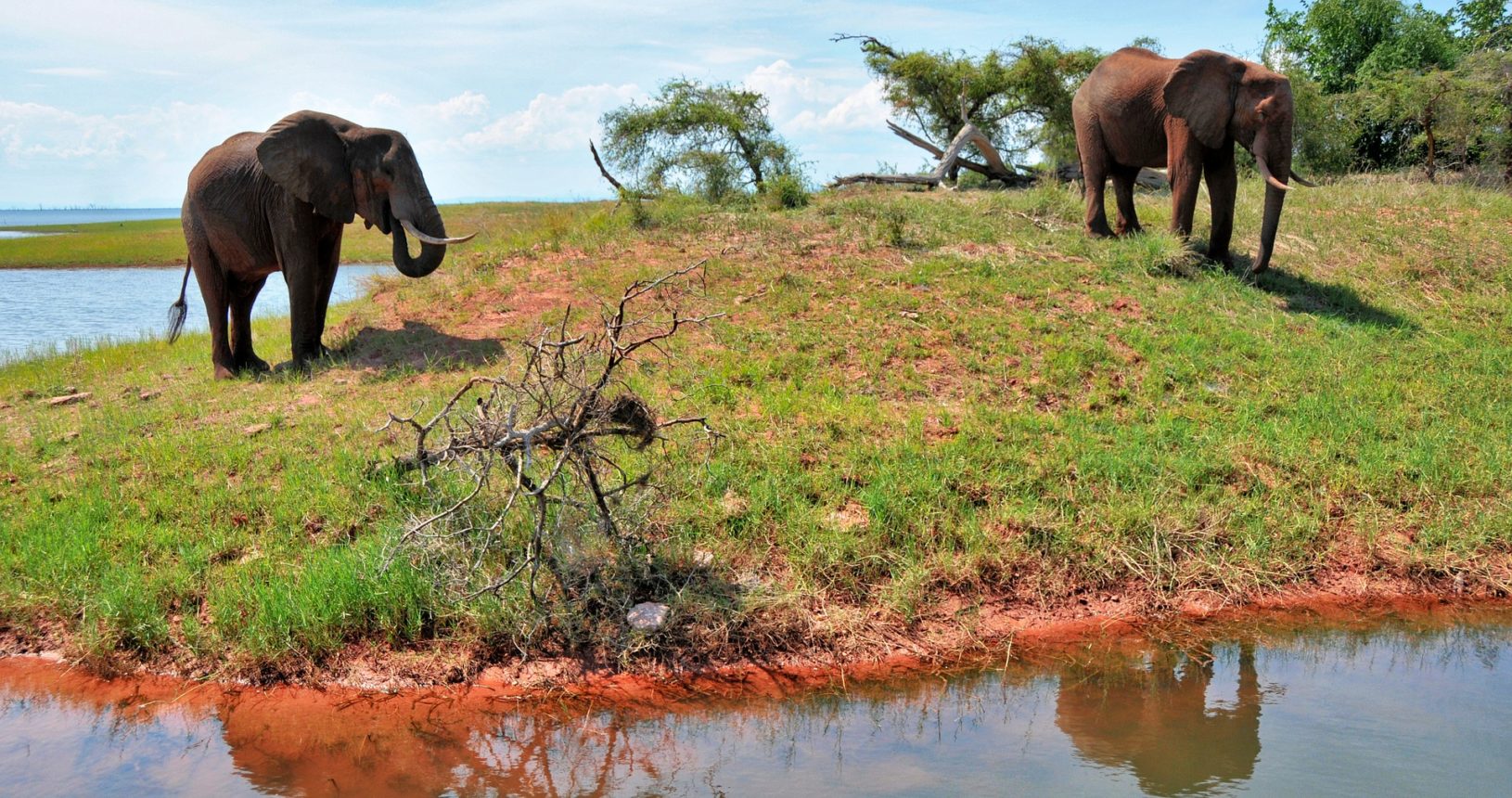
Loss of biodiversity does not only affect the species generation but also the balance between the society. It is necessary to conserve the environment in the present for the future generation to also benefit from. Change in climate in the country has also had a negative effect on the environment due to unfavourable high and cold temperatures. These climatic changes have created natural disasters such as drought and floods which have led to the outbreak of diseases, loss of life, and hunger and famine.
In a nutshell, Zimbabwe needs to protect its environment and biodiversity to ensure its future sustainability. Not only should we treat our environment carefully, but also, we should value its natural conditions and its resources (renewable and non-renewable). However, in this current crisis of Covid-19, as a nation we should brace ourselves and hope that everything will workout in the end.
____________________________________________________
By Levison Junior Chikafu, student at Zimbabwe Open University, studying a for a bachelors degree in Development Studies. He is also an online social volunteer.
